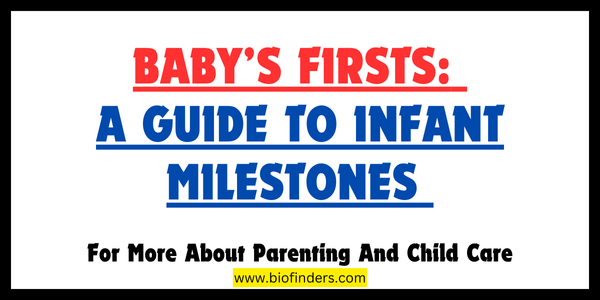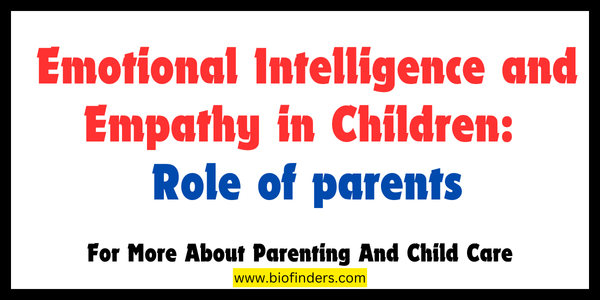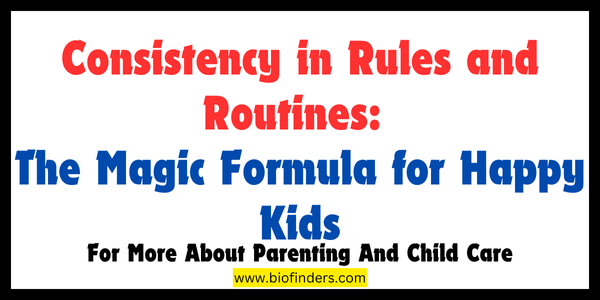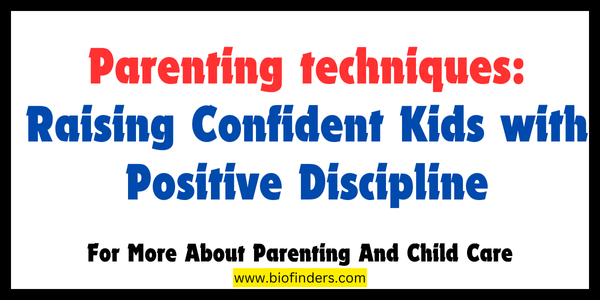Baby’s first steps: Congratulations! You’ve welcomed a precious little bundle of joy into your world. Every gurgle, coo, and giggle is a source of wonder, and watching your baby grow and develop is an incredible journey. But with so much happening in those first few months, it’s natural to wonder: “Is my baby on track?”
This blog post is your guide to celebrating baby’s firsts, those exciting milestones that mark their incredible development. We’ll explore key milestones from birth to 12 months, offering tips for fostering your baby’s growth and creating lasting memories along the way.
BABY’S FIRSTS: UNDERSTANDING DEVELOPMENTAL MILESTONES
Infant development milestones are age-specific skills that most babies can achieve within a certain timeframe. It’s important to remember that every baby develops at their own pace. Some babies may hit milestones a little earlier or later than the average, and that’s perfectly okay.
Here’s what to keep in mind:
BABY’S FIRSTS: MILESTONES ARE A GUIDELINE:
Don’t compare your baby’s first to others. Focus on their individual progress and celebrate each achievement, big or small.
A RANGE IS NORMAL:
There’s usually a window of time when a milestone is typically reached. If your baby’s firsts falls outside this range slightly, don’t panic. Talk to your paediatrician if you have any concerns.
FOCUS ON PROVIDING OPPORTUNITIES:
Create a stimulating environment and engage your baby in activities that encourage their development and help them to take baby’s firsts.
BABY’S FIRSTS: 0-3 MONTHS: A WORLD OF NEW DISCOVERIES
The first few months are all about establishing basic reflexes, building sensory awareness, and bonding with you. Here are some exciting firsts to watch for:
SOCIAL SMILES (6-8 WEEKS):
That first gummy grin directed at you is pure magic!
HEAD CONTROL (2-3 MONTHS):
Your little one will begin to lift and hold their head up during tummy time, strengthening their neck muscles.
REACHING AND GRASPING (2-3 MONTHS):
Those tiny hands will start reaching for objects and attempting to grasp them. Provide safe toys with different textures to explore.
COOING AND GURGLING (2-3 MONTHS):
Get ready for some sweet sounds! Your baby will start vocalizing, expressing themselves through coos and gurgles. Talk and sing to them to encourage communication.
BABY’S FIRSTS: 4-6 MONTHS: A TIME FOR EXPLORATION AND ENGAGEMENT
This is a period of rapid growth and newfound mobility. Your baby will become more interactive and curious about the world around them.
ROLLING OVER (4-6 MONTHS):
This exciting milestone allows your baby to explore their surroundings from a new perspective. Encourage tummy time to strengthen muscles needed for rolling.
BABBLING AND VOCAL PLAY (4-6 MONTHS):
Your baby’s coos evolve into babbling, experimenting with different sounds and combinations. Respond with enthusiasm to encourage further development.
RECOGNIZING FAMILIAR FACES (4-6 MONTHS):
Your baby will start to differentiate between familiar faces and strangers. This is a great time for family and close friends to bond.
PUTTING THINGS IN THEIR MOUTH (4-6 MONTHS):
This is how babies explore the world! Provide safe teething toys and keep an eye on them to avoid choking hazards.
Long-tail keywords: baby rolling over, baby babbling, baby stranger anxiety, safe teething toys for babies
BABY’S FIRSTS: 7-9 MONTHS: SITTING UP AND REACHING NEW HEIGHTS (LITERALLY!)
Your baby’s physical development will take center stage during this period. Prepare for giggles, exploration, and a newfound desire for independence.
SITTING UP WITH SUPPORT (6-8 MONTHS):
Milestones come fast! Your baby will be able to sit with support, allowing them to interact with their environment in a whole new way.
SITTING INDEPENDENTLY (AROUND 9 MONTHS):
This is a major achievement! Provide plenty of floor space and safe toys for them to explore in their newfound sitting position.
PICKING UP OBJECTS WITH AN INDEX FINGER AND THUMB (7-9 MONTHS):
Their fine motor skills are developing! Offer small, safe objects for them to grasp and manipulate.
UNDERSTANDING SIMPLE WORDS (AROUND 9 MONTHS):
Your baby will start to understand basic words like “no” and “bye-bye.” Keep talking to them and using simple language.
BABY’S FIRSTS: 10-12 MONTHS: TAKING FIRST STEPS (AND MAKING A MESS!)
The final months of the first year are a whirlwind of exciting developments. Your baby will become increasingly mobile, curious, and independent. Get ready for some mess and a whole lot of fun!
CRAWLING (6-10 MONTHS):
Most babies will master the art of crawling during this period. Provide a safe crawling space with plenty of room to explore.
PULLING TO STAND (8-12 MONTHS):
Using furniture for support, your baby will attempt to pull themselves up to a standing position. Encourage this by placing furniture a safe distance away.
CRUISING ALONG FURNITURE (8-12 MONTHS):
Watch out, world! Your baby will be cruising along furniture, holding on for support. Ensure furniture is stable and avoid using walkers.
BABY’S FIRST’S STEPS (9-12 MONTHS):
The moment you’ve been waiting for! Your baby might take their first wobbly steps, ushering in a new era of mobility.
BABY’S FIRSTS: SIMPLE COMMUNICATION (10-12 MONTHS):
Your baby’s vocabulary will expand beyond babbling. They may start saying “mama” and “dada” with meaning, and understand simple commands.
BABY’S FIRSTS: CAUSE AND EFFECT PLAY (10-12 MONTHS):
Your baby will start to understand cause and effect, dropping objects to see them fall or banging toys together to make noise. Provide safe toys that encourage this type of exploration.
OBJECT PERMANENCE (AROUND 12 MONTHS):
This milestone signifies your baby understands that objects still exist even when they’re out of sight. Play peek-a-boo to help them develop this concept.
BABY’S FIRSTS: TIPS FOR ENCOURAGING YOUR BABY’S DEVELOPMENT
Remember, every baby develops at their own pace. Here are some ways to create a nurturing environment that fosters your baby’s growth:
TUMMY TIME:
This is crucial for strengthening neck and back muscles, important for future milestones like rolling and crawling. Aim for at least 10-15 minutes of tummy time several times a day.
SING SONGS AND TALK:
Narrate your day, sing songs, and read books to your baby. This exposes them to new sounds and language, promoting speech and cognitive development.
PLAYTIME:
Engage your baby with stimulating toys that encourage reaching, grasping, and exploration. Rotate toys regularly to keep things interesting.
POSITIVE REINFORCEMENT:
Celebrate your baby’s achievements, no matter how small. A smile, a clap, or a verbal “good job” can work wonders.
SAFE EXPLORATION:
Provide a safe space for your baby to explore freely. Baby-proof your home and supervise them closely during playtime.
REGULAR CHECKUPS:
Schedule regular checkups with your pediatrician. They can monitor your baby’s first development and address any concerns you may have.
BABY’S FIRSTS: CELEBRATING EVERY MILESTONE
The first year is a whirlwind of incredible growth and change. By providing a loving, stimulating environment and celebrating each milestone, you’ll be nurturing your baby’s development and creating lasting memories together. Embrace the journey, the giggles, the gurgles, and the inevitable messes!
Remember, you are your baby’s best advocate. Trust your instincts, enjoy the ride, and don’t hesitate to reach out to your pediatrician if you have any questions or concerns.






Leave a Reply